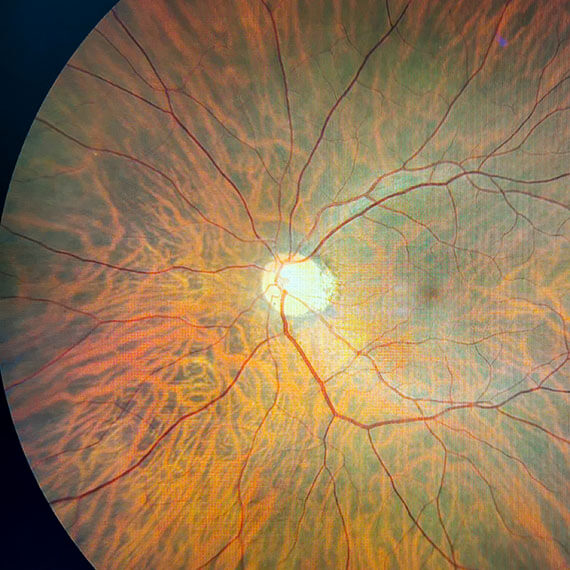
If you have been told that you have retina problems, you may need to see a retina specialist. A retina specialist is a medical eye doctor who has specialized in ophthalmology and sub-specialized in diseases and surgery of the vitreous body of the eye and the retina.
What Is the Retina?
The retina is a multi-layered sensory tissue that lines the back of the eye and connects the visual images that you see to the brain via the optic nerve. The retina has millions of photoreceptors that capture light rays and convert them into electrical impulses.
These impulses travel along the optic nerve to the brain where they are turned into images. Any type of disruption while these images are traveling to the brain results in vision loss or distorted vision.
The central part of the retina, called the “macula” is the most sensitive. If the macula is affected by disease, seeing becomes very difficult. The macula is responsible for your vision accuracy, allowing you to read or recognize a person.








